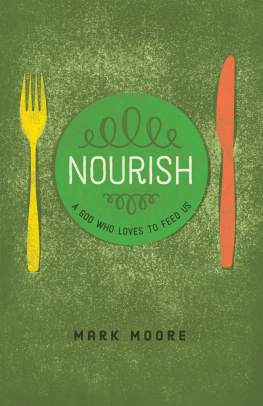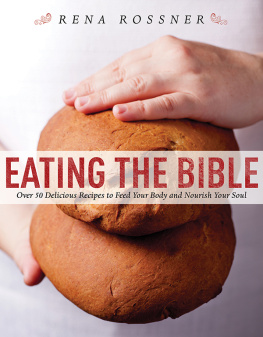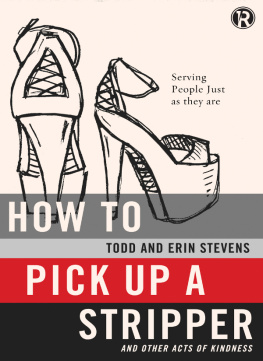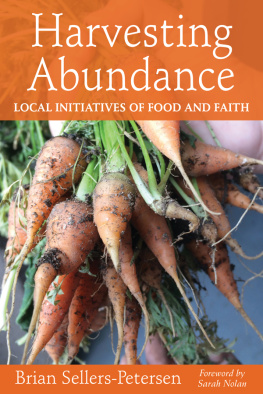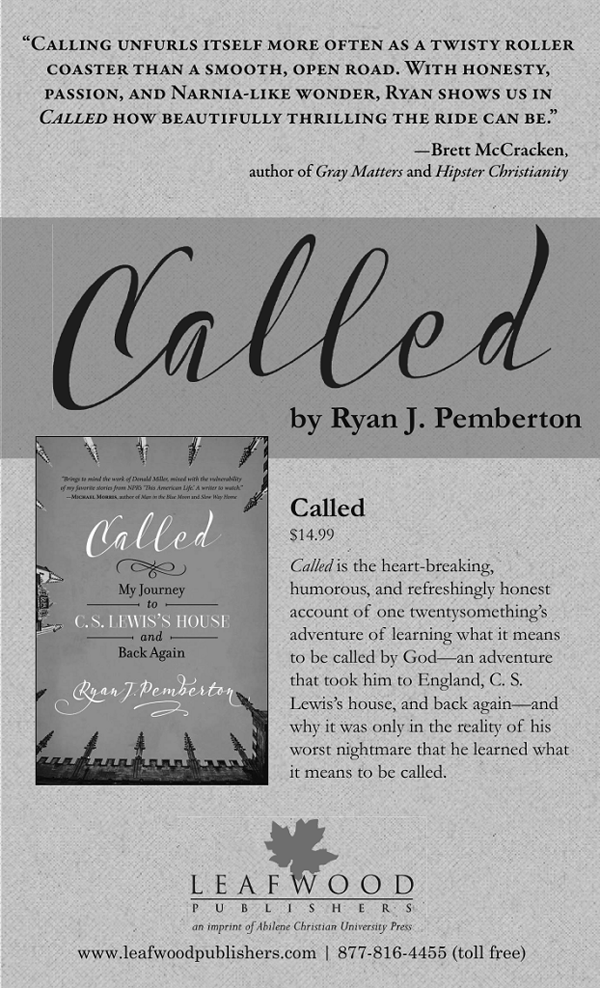Chapter One
IN THE BEGINNING
GOO VS. GOD
Stay hungry. Stay foolish.
Steve Jobs, Stanford Commencement Speech 2005
When God made us humans, we started in a garden, not for sentimental reasons butbecause our Creator God wanted us to be well nourished and to experience life atits fullest and best. We were tossed out of Eden because we humans chose malnutritionover nutrition. It was through food that Adam and Eve were initially tempted, andas a curse for the mans poor choices about food, the Creator told Adam that nourishinghimself with food now would be much tougher in a regular garden. Soon his sons werefighting and killing over food and God issues, and so began a long saga that continuestodaya God who loves to feed us, and a malnourished world.
Thats the God-version as I know it, as Christian and Muslim and Jewish traditionshave handed it down through the years. It sounds like an absurd story, a fairy tale,in these modern times. It sounds ridiculous and uneducated, in fact, until we listento the educated version.
The goo-version of the story says man made a god. But before that, somehow rock cameto be, and rocks collided and became stardust. As particle physicist Lawrence Krauss(a seriously smart guy, by the way) likes to say, Its the most poetic thing I know.That we are literally all stardust. That the atoms that make up your left arm arenot from the same planet or asteroid as the ones that make up your right arm.
The goo-version theorizes that after these primeval rocks collided, eventually therewas goo. Somehow the goo grew opposable thumbs, stood upon two feet, and eventuallyturned into a man. Obviously Im a theist, so I am certainly selling the goo-versionshort here, but not by a whole lot. The entire happening is unlikely and preposterousjustlike our God-version. No higher ground seems to be offered here for smart peoplejustgoo vs. God. The goo-view says we all got here by accident, and the God-view sayswe humans got here on purpose for a purpose.
Those two worldviews inform and divide our country, a divide that isnt getting anysmaller. As Lawrence Krauss says, Science never asks why, and when it does, it reallymeans how. But getting bogged down in the differences in those two is of less usethan noticing the incredible similarities of the two. Whether we are here on purposeor by accident, whether we are goo-creatures or God-creatures, both stories (shallwe call them faiths?) offer us a narrative that begins in a garden.
The earliest thing we know, categorically and with any historical certainty abouthumans, is that we really got our act together and formed something called civilizationaround a garden. It was in the Fertile Crescent, the land between the rivers, wherethe first men (and women) known to anthropologists managed for the first time togrow more food than they actually needed. We know this from our world history classes,and we know it with certainty because those early ancestors actually wrote it downand Leonard Woolley dug it up. Etched in clay tablets unearthed by Woolley and histeam, who dug in Iraqi soil for twelve long, amazing years from 1922 to 1934, areaccounting records that basically say things like, Elki traded three bushels ofcorn to Ashkem for two vessels.
These writings were found in and around Mesopotamian sites like the ancient cityof Ur, home to the Sumerian peoples (in southern Iraq today). These ancient recordsare really pretty mundane as historical documents go, but they are anything but trivial,given that they are the earliest extant documents about the humans who preceded us.
Thomas Cahill in his great book Gifts of the Jews rightfully recognizes that thusbegins what we call history. Anything we claim to know about anything before thatperiod is largely a guess. Cave paintings, reconstructed pots, bones, and carbondating all give us a decent guess at what happened before that period. But thatsall it is. Largely a guess. But here in the ancient writings of Sumer and Ur we havethe first tangible human history. Real notes written by real people. Boring stufflike basic accounting. All of it, most of it anyway, revolved around their gardens:who grew what and who swapped it for what in the worlds first complex economy. Heremen and women first grew more than they needed, and thus it freed up a bunch of peopleto do things such as painting their huts or making pots. Metalworkers thrived, plowsgot better, gardens grew, and the Stone Age was gone for good. Combine all of thiswith a healthy dose of slave labor from less fortunate conquered neighbors, and wehave what has come to be known as progress.
So the God-people have their narratives of Adam and Eve and the goo-people have theirhistorical artifacts. For the latter group, we are stardust infused with happenstance-accidentallife. For the other, we are dust with life breathed into us by an intentional creativeforce for good. Believing either one may be guesswork, faith, or science, but bothnarratives basically begin in a garden.
Chapter Two
HUNGER: A HISTORY
All of Upper Egypt was dying of hunger to such a degree
that everyone had come to eating their children.
Inscription from the Egyptian Tomb of Ankhtifi, 2000 BC
Either garden version above has humans gardening not so much because they liked it,but because they were in a constant scramble to fight off hunger. If you are human,hunger is your oldest and most persistent foe. Evidently, the garden thing failedfrom time to time, as it became a problem for the people of Ankhtifis time, theland-between-the-rivers people, who lived more than two thousand years before Christ.Im not an Egyptologist, but it seems safe to say that eating ones children qualifiesas less than idyllic times. Scholars think this eating their children comment isnot necessarily to be taken at face value, that it might be a bit of exaggerationto impress either the gods or inscription-readers-to-comepeople like you and me.Inscriptions in the same tomb rave about Ankhtifi being a near perfect ruler, feedingthe hungry and bringing peace. Each line ends with for such a man I am. Thatshieroglyphic for thats just how I roll. Exaggerated or not, the fact that Ankhtifi(who apparently put significant thought into his tomb inscriptions) found such aprominent place for the role of hunger is telling. People had plenty to be afraidof in those days, and hunger was apparently somewhere near the top of the list.
Perhaps more telling than ancient crypt inscriptions are the numbers we know fromlater history, where historical facts come together and find agreement with God-and goo-people alike. As record keeping and data improve, the evidence of hungermounts and the numbers get bleaker: In 1347 two-thirds of Italys population reportedlystarved in the Great Famine. From 184550 the great hunger in Ireland claimed morethan a million lives. During 193233 in Ukraine, hunger and famine killed about sevenmillion people. In 194344 in Bengal and India, hunger brought death to four millionmore. Then in 195862 an estimated thirty million people died in China from the sameserial killerhunger. Disease might kill you quicker, but whatever hunger lacks inspeed, it makes up for in tenacity. It has humbled and demoralized and bullied uspuny humans for millennia. And while our scientific genius has made amazing progress against many diseases in modern times, our track record and the forecast for ourbattle with hunger still looks pretty bleak.
Whats creepy is that while hunger can be deadly and daunting for sure, its alsosomething so common that every human awakens to it every single day. Since all ofus feel it, we also have a unique ability either to empathize with or to dismisspeople who struggle with it. Each of us has said it a hundred timesIm starving!We say it when we arent actually starving. We are just hungry. But with that hungercomes all sorts of emotions: grumpiness that may give way to outright anger, and,if hunger persists, anger gives way to an even more debilitating emotionfear. Sowhen we hear news reports of others who are hungry and we feel sympathy for them,we also tend to compare and wonder if this is the simple hunger we all meet everyday or if it is the real killer. We see others in this predicament and we tend tothink, at least to ourselves, Oh, really? How hungry are you? Quantify it for me.Those are simple but tough queries, and the answer, to be accurate in English anyway,requires us to switch to another language. Words like

